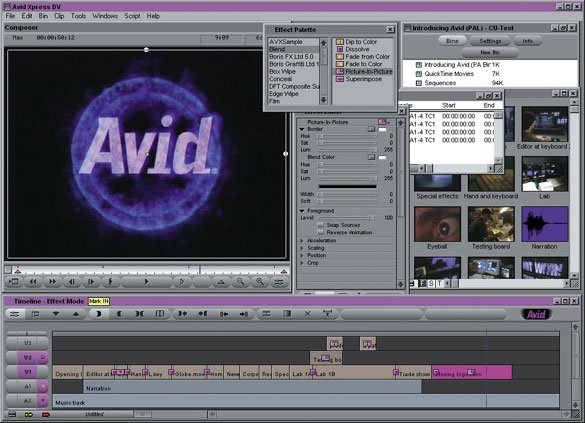Production Assistant shadow, Jan. 23 10 PM show.
Upon arriving to KOMU, I was told that no trained person would be working the shift that night. Jennifer Niederjohn, the supervising producer, taught the Recuts and teleprompter duties to two trainees as I observed and asked questions. In general, the job seems quite simple but very detail-oriented. During my shadow shift, Jen emphasized the necessity for production assistants to communicate with other people in the newsroom; especially the main producer.

The recuts area seems quite overwhelming on first glance, but after a few minutes of being shown the set-up, it's relatively easy to grasp. The overall job of the production assistant is to take video from the NBC Newschannel server and import it to the KOMU system for use in the newscast. Some shows may require you to create teases for upcoming stories from video on the local system - this scenario seems easier than a national story because you don't have to download the video, instead one just creates a sequence into the existing slot on INews. Niederjohn said teases are usually about 20 seconds long, while national stories require about 45 seconds of video. The production assistant will find out what video specifically needed for a show by talking to the producer, who should specify what shots they want. In addition, most requests are assigned on the INews rundown for the show. Niederjohn said it's important to reference video and avoid showing things that have nothing to do with words being read. She also said that graphics from national stories cannot be used unless there is no other video available from Newschannel.
Once this video is found, the production assistant must enter the NRCS server. NRCS is basically how the station gets video onto its server for use elsewhere in the station - and how specific sequences stay within the rundown for use on air. Once entering the NRCS, you drag the specific sequence into the bin you're working on, and then capture the video using "QuickDub" or a playlist on Newschannel. The PA must ensure that the downlinked video is properly routed, so checking the large switchboard in the middle of the recuts area is important to make sure that video will be captured.
Niederjohn said the hardest part of the job for most production assistants is being able to get all video done on time for a particular newscast. Of all the nightly shows, she said the 5pm is the busiest, while the 6 and 10 are less recut-heavy. The difficulty in finishing comes from the amount of time necessary to properly edit the video - including resizing and adding curtains to make national video (which comes in 4/3 format, not high-defintion standard 16/9) suitable for KOMU broadcast. She said if a production assistant is pressed for time and overwhelmed with the amount of work necessary, the PA must ask for help from just about anyone bar reporters. She said most of the time any of the producers in the newsroom can help answer questions provided they're not loaded with duties at the time.

Niederjohn said the computer system is reliable, but if it were ever to fail, she suggested rebooting or restarting the computer and moving to another work station. If the problem exists at another work station, then she recommended telling a supervisor about the issue so it can be investigated.
As a supervising producer, Niederjohn had a unique perspective as a staff member on the best way for PAs to get along with reporters and producers. She said simply that respect for each other and communication are the biggest issues among coworkers. In addition, she said that one should "Always ask, don't assume" if in doubt.

After finishing the recuts for the 10PM show, we went into the control room to operate the teleprompter for the newscast. This seemed very simple but crucial to the overall broadcast - I feel the prompter is an enormous crutch in broadcasting, and it makes Jim Riek and Angie Bailey's jobs incredibly more straightforward.
During my shadow shift I saw the necessity for steady production assistants. Niederjohn told us that PAs' work is essential and provides a backbone for a smooth show.

No comments:
Post a Comment